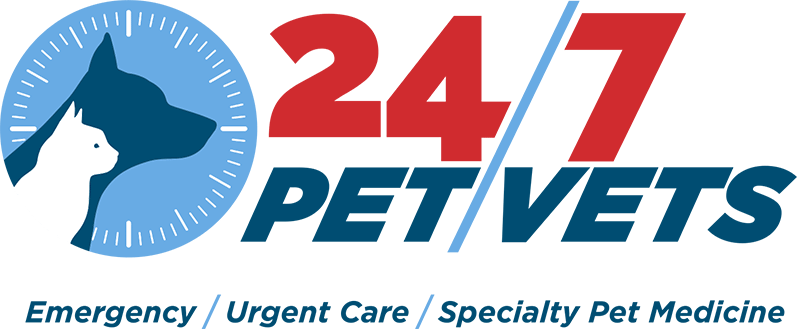
You’re in great hands when it matters most.
While your family veterinarian can diagnose and treat many health problems, certain diseases and conditions require the care of a veterinarian with specialized, intensive surgical training in order to provide the very best outcome for your pet.
At 24/7 PetVets, we work as partners with primary care veterinarians throughout Central California; to provide your pets with surgical expertise in orthopedic, soft tissue, minimally invasive, neurologic, oncologic and cardio/thoracic procedures. With advanced staff training and a board-certified surgeon, we are the resource your veterinarian turns to when they want the very best care for your pet.
The surgery department at 24/7 PetVets is composed of a board-certified small animal surgeon, registered veterinary technicians, and veterinary assistants. A board-certified small animal surgeon is a licensed veterinarian who obtained intensive, additional surgical training and passed a comprehensive certification exam specific to complex small animal surgeries. Our surgeon works with your pet’s anesthesiologist to provide optimally safe anesthesia using state-of-the-art monitoring equipment and the best pain management possible before, during and after your pet’s surgical procedure.
The surgical specialty staff at 24/7 PetVets affiliates with our 24-hour emergency hospital to ensure the optimal care and recovery of your pet during their overnight stay.
You can be assured that a veterinarian who knows when to refer you and your pet to a small animal surgeon is one who is caring and committed to ensuring your pet receives the highest standard of care for its needs.
Our board-certified small animal surgeons specialize in the following types of cases:
- Traumatic injury and emergencies such
as: fractures, large skin wounds and lacerations, correction of gastric dilatation-volvulus (GDV) and exploratory (abdominal / thoracic ) surgery. - Orthopedic surgeries such
as: Femoral head osteotomies (FHOs), cruciate ligament surgeries (TPLOs), and angular limb deformity correction. - Soft tissue surgeries such
as: tumor removal, vascular shunt ligation, surgical management of non-healing wounds and correction of congenital defects. - Neuro-surgeries such
as: herniated discs and spinal injuries/fractures.
